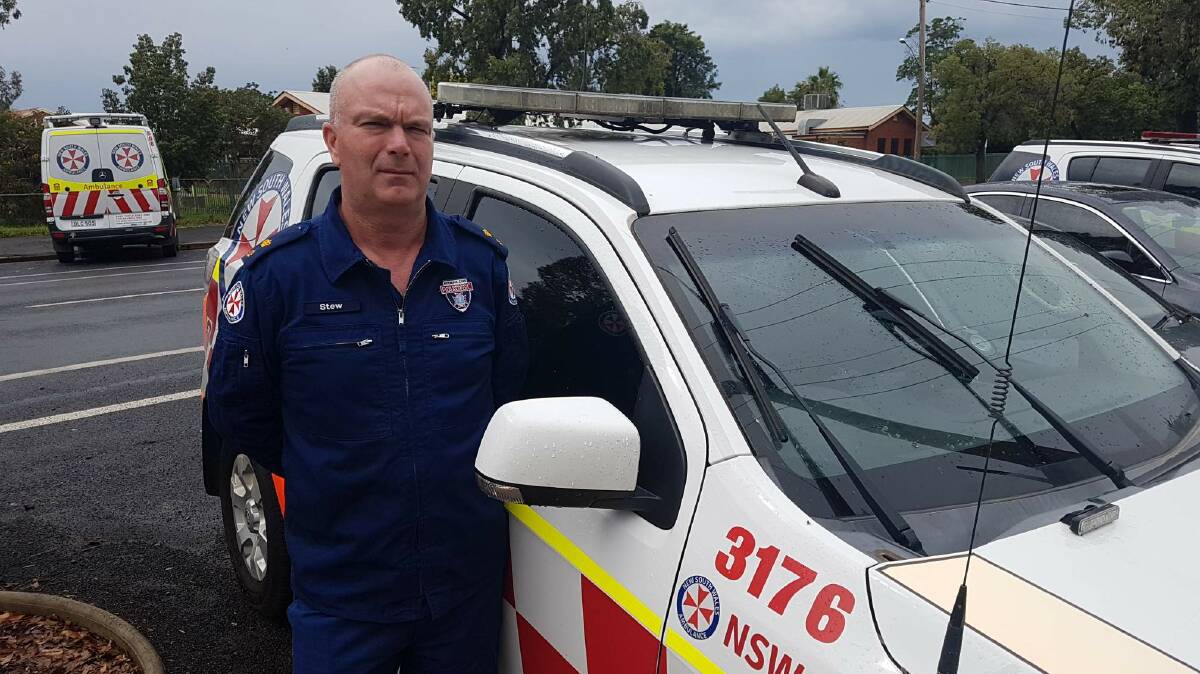
Ambulance NSW will begin asking four questions to help keep paramedics and the public safe during call-outs.
Subscribe now for unlimited access.
$0/
(min cost $0)
or signup to continue reading
When called to a job paramedics will ask four questions as part of the '4 at the door' initiative before beginning treatment to help reduce the risk of paramedics and health workers contracting coronavirus.
The four questions are:
- Has anyone inside been overseas?
- Does anyone inside have a fever or dry cough?
- Has anyone inside had contact with a confirmed COVID-19 patient?
- Has anyone inside been diagnosed with pneumonia or any other medical condition?
NSW Ambulance zone manager superintendent Stewart Clarke said paramedics were risking their lives and health every day, but especially now, and asked the public respect the guidelines implemented by the government in the past week.
"This is another tool we have implemented to help our paramedics make safe decisions, not only for themselves, but for their loved ones and the community," Superintendent Clarke said.
"It is a challenging time and we know people are anxious, but these questions are necessary to ensure that NSW Ambulance is able to continue to provide a service and to be there for those who need us the most.
"By asking these questions it is not preventing our paramedics from treating people. It simply allows those responding paramedics to reduce any potential exposure to themselves."
The Superintendent urged people to be understanding and patient, and said the threat is "unlike anything we've experienced before".
...These questions are necessary to ensure that NSW Ambulance is able to continue to provide a service and to be there for those who need us the most.
- Superintendent Stewart Clarke
"However, it doesn't change the fact there are still people with critical medical emergencies that are not related to COVID-19," he said.
"Please so we can do our job, stay at home, wash your hands regularly, and practice social distancing. By doing this we can continue to come to work to take care of you."

